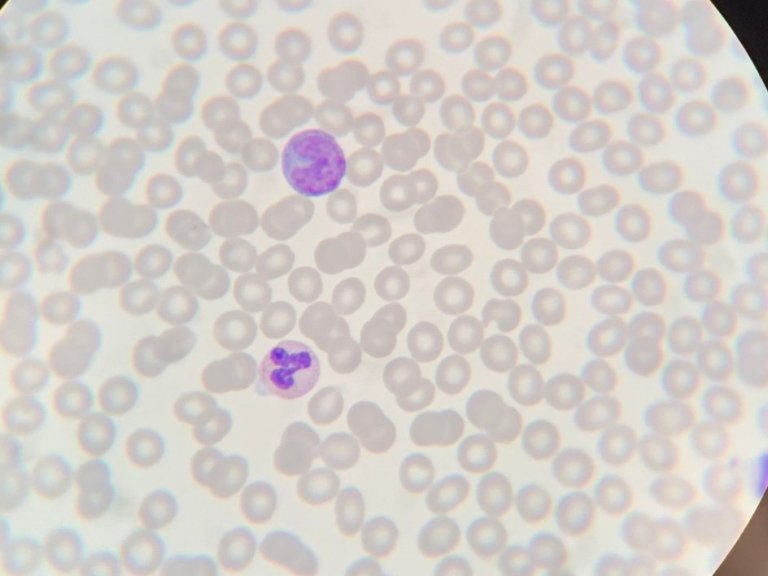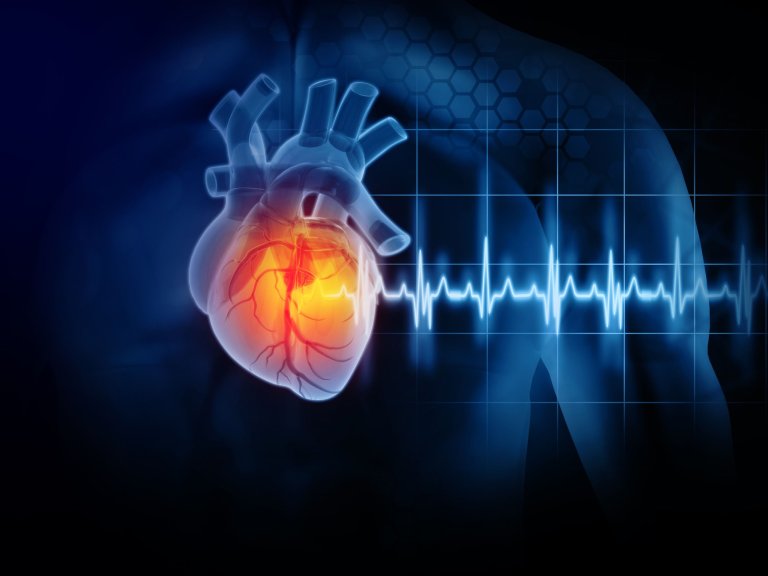Many people experience background noise in the workplace, such as in a factory or an open-plan office. And there are also other situations in which employees cannot properly understand what is being said. “Consider, for example, police officers with a malfunctioning walkie-talkie or a pilot who receives instructions from a foreign-language air traffic controller via a crackling radio,” says Zekveld, the initiator of the EASYLI program. These people are not hearing impaired, but the working environment means that they cannot hear well. Noise and difficulty understanding speech can lead to stress, fatigue and even mental health problems. This often has consequences for productivity or absenteeism and can cause errors and unsafe situations.
Consequences aren't only negative
When employees find themselves in challenging situations that require a lot of attention – for example in a noisy classroom, in the cockpit during landing or during a police operation – they sometimes have to make significant listening efforts to do their job properly. “This does not always have negative consequences. If you, despite everything, manage to perform well, the challenge can provide extra satisfaction and increase job satisfaction. That is why in the EASYLI program we are going to focus on the balance between a healthy challenge at work, versus excessive strain and stress. Six specially trained researchers will specifically look at the contribution of hearing and disturbing sounds.”
Pupil dilation
The researcher team will study how you can objectively measure whether employees are listening 'too much' in the workplace. They do this on the basis of questionnaires, but also by taking measurements in the workplace of, for example, heart rate and the size of the eye pupils during strenuous listening. In addition, in collaboration with companies, they will develop methods to improve sound equipment, for example by processing sounds in communication systems and hearing aids. The ultimate goal is to determine which employees are at risk of excessive strain due to hearing and understanding problems. And through collaboration with, for example, a walkie-talkie and a hearing aid manufacturer, improved devices can also be used more quickly in practice.
Marie Skłodowska-Curie Actions (MSCA) grant
To implement the EASYLI program, Adriana Zekveld and Sophia Kramer from the Department of Audiology ENT Head and Neck Surgery at Amsterdam UMC received a European Marie Skłodowska-Curie Actions (MSCA) grant of 1.67 million euros. This grant provides additional opportunities for training, new skills development and career development of young scientists. The EASYLI program collaborates with five European academic partners and four non-academic partners, including the hearing aid industry and audiology. Representatives of (inter)national companies are also involved that train employees and develop communication systems for professions that deal with challenging (listening) situations, such as pilots, ambulance personnel, police officers, and teachers.
PRESSURE and MIRACLE
Two other programs from Amsterdam UMC have received the Marie Skłodowska-Curie Actions (MSCA) Doctoral Network grants.
Researchers Maarten Bijlsma and Sarah Derks have received a grant of 2.71 million for their PRESSURE network. They will train 10 future experts who will focus on the development and clinical implementation of effective treatments and policies against treatment resistance in cancer, with a specific focus on oesophageal adenocarcinoma, one of the most complex cancer types in terms of resistance.
Researchers Menno de Winther, Gustav Strijkers and Hanneke van Laarhoven receive a grant (2.72 million) for the MIRACLE project, in which 12 young scientists are trained to study local and environmental factors that cause cardio-metabolic inflammation, and to develop strategies develop to suppress these inflammations. This project combines high-quality science with first-class infrastructures, resources and solid data to advance knowledge from single-cell biology towards cardiometabolic (precision) medicine.




